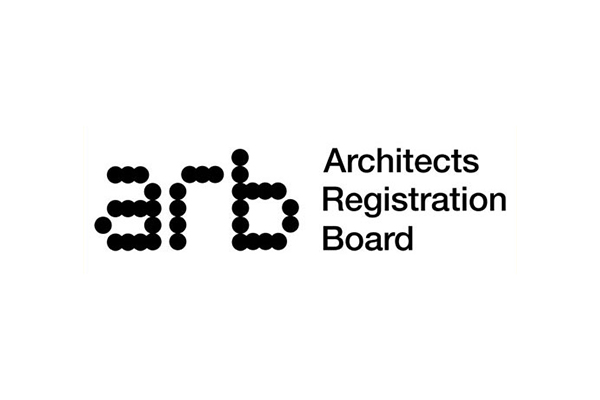How You Study
The programme is taught online via Microsoft Teams. This programme relies on a combination of taught and professional experience-related modules which aim to develop students' knowledge, understanding, ability, and skills in the Professional Practice and Management of Architecture.
The Postgraduate Certificate Stage taught modules are delivered once a month in the form of workshops, lectures, and seminars which are designed to develop and reinforce theory by placing it in a professional and practical context.
Students are expected to undertake their own independent study and research in order to expand their knowledge and understanding of the subject, and are encouraged to discuss problems they encounter in the workplace.
Postgraduate Diploma Stage modules are undertaken in the workplace simultaneously with the Postgraduate Certificate Stage taught modules. Students are required to be in full-time employment typically within an appropriate UK based design practice (or similar) under the direction of a UK Registered Architect, or other approved professional, who acts as an Employment Mentor. The mentor should be able to assist the student in gaining appropriate professional experience through involvement in real-world business activities and project management throughout all stages of the project life cycle.
The Postgraduate Certificate stage taught modules require attendance over eight weekends (i.e. Friday and Saturday) throughout the academic year. They take the form of workshops, formal lectures, and seminars which reinforce theory and place it in a professional and practical context. Teaching is supported by appropriate practitioner guest lecturers.
Students are expected to undertake their own independent study and research in order to expand their knowledge and understanding of the subject and are encouraged to discuss challenges they have previously encountered in the workplace. Seeking the knowledge and professional experience of others will assist in the student's professional development.
The Postgraduate Diploma stage work-based modules are undertaken in the workplace simultaneously with the Postgraduate Certificate taught modules, during which time candidates can gain valuable appropriate real-world architecture-related professional experience.
For more detailed information, please contact the Programme Leader.





